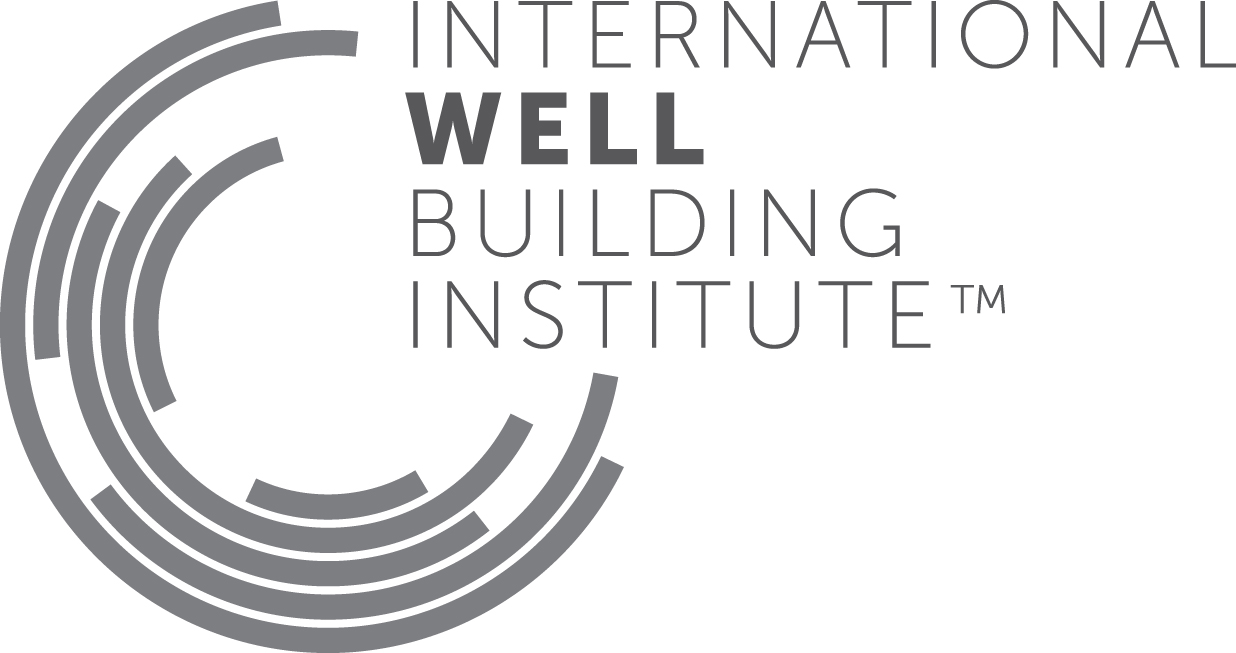IWBI Spotlight Series on Climate Change: Driving Market Transformation Through Leadership and Engagement
As Climate Week NYC returns in 2024, we are heeding its urgent message: It’s Time.

By Kristen Coco
From indoor air quality to extreme heat, buildings face difficult challenges to protect their occupants. As we continue to see wildfires in some parts of the world from California to Brazil and Portugal due to impacts related to climate change, and while Eastern Europe is experiencing devastating flooding, the demand to fortify buildings for health is more urgent than ever.
We know that these two pieces of the puzzle – planetary and human health – are inextricably linked, and this is especially pertinent when it comes to future-proofing buildings to help address the climate crisis.
As Climate Week NYC returns in 2024, we are heeding its urgent message: It’s Time. It’s time to challenge the status quo. It’s time to ask, are our spaces doing all they can to ensure our planet and people have the resources needed to thrive? It’s time to influence, inspire and energize each other to commit to design, develop and operate healthier, sustainable buildings, for the benefit of the future of our planet and all of us who inhabit it.
It’s in this vein that we take a look at a few of the ways that IWBI has recently helped catalyze action and helped close the gap when it comes to addressing the climate challenge, and in turn generate corresponding benefits to public health:
- We value the complementary nature of green building and building for people’s health and well-being. That’s why we’ve designed WELL to align with several leading global green building standards, identifying synergies and streamlining efforts for projects seeking a dual rating. In April of last year, the U.S. Green Building Council (USGBC) and IWBI released a streamlined process for projects pursuing certifications for the LEED green building rating system and the WELL Building Standard. The process aligns documentation for projects that are pursuing both certifications at the same time or that have already earned one certification and are looking to add the other.
This new process creates an opportunity for organizations to apply an integrated approach to health and sustainability, transforming how they unite stakeholders and make key business decisions. Today, hundreds of projects around the world and representing hundreds of millions of square feet are poised to use the pathway, which has shown rapid growth and demand. Indeed, LEED + WELL project enrollment continues to grow exponentially, doubling in the last year by square footage. Moving forward, we remain as excited as ever about our strategic partnership with USGBC and how the global market has embraced the LEED + WELL streamlined certification pathway.
- IWBI has graduated a beta feature into the WELL Standard that rewards climate leadership with the goal of accelerating emission reductions in the face of ever-increasing public health impacts of climate change. Pursued by more than 30 organizations, the Innovation Feature on Carbon Disclosure and Reduction encourages companies to assess and disclose their carbon emissions, set science-based reduction targets and move toward carbon neutrality.
- We have made important advances in our partnership with Enterprise Community Partners (Enterprise), the leading non-profit organization in the United States focused on advancing affordable housing and sustainable communities. Enterprise administers the Green Communities program, the first national standard for green affordable housing in the country. As part of our partnership, IWBI and Enterprise developed a joint certification pathway so all future Green Communities projects would also earn a WELL certification. The partnership is simultaneously addressing health equity challenges within affordable housing communities while marrying best practices to promote human and environmental health. Today, Green Communities and WELL are referenced by multiple federal affordable housing programs and are also required or incentivized by 27 state housing authorities.
We recently celebrated Cadence, an affordable senior living development located in Fort Collins, Colorado, and comprising 55 senior living apartments, which achieved a new first in the country – attaining Green Communities Plus and WELL Certification. The “Plus” level of 2020 Green Communities is the highest certification tier, recognizing significant achievement for housing that meets all certification requirements and have invested in deep levels of energy efficiency.
- In May, IWBI also introduced the International Healthy Building Accord to empower leaders everywhere to tell the world’s government leaders to take action by adopting its policy prescriptions that would help ensure that our buildings support planetary and human health. By signing the Accord, people are not only affirming that healthy buildings are a human right, but that they are a climate imperative. Signatories commit to helping “proactively fortify all of the places where we live our lives to be health-resilient and capable of withstanding the challenges and stressors that will continue to increase in scale and frequency over time.” They also affirm that, “By designing, operating and maintaining healthier, more sustainable buildings, we can minimize the toll that extreme heat, floods, wildfires and other climate-induced disasters take on our lives, while slowing the pace of climate change.”
Read on to find out more about how IWBI is helping the industry fortify buildings for sustainability and health in light of the climate crisis, in our 2023 Annual Report: Our Movement is Growing.
View original content here.

